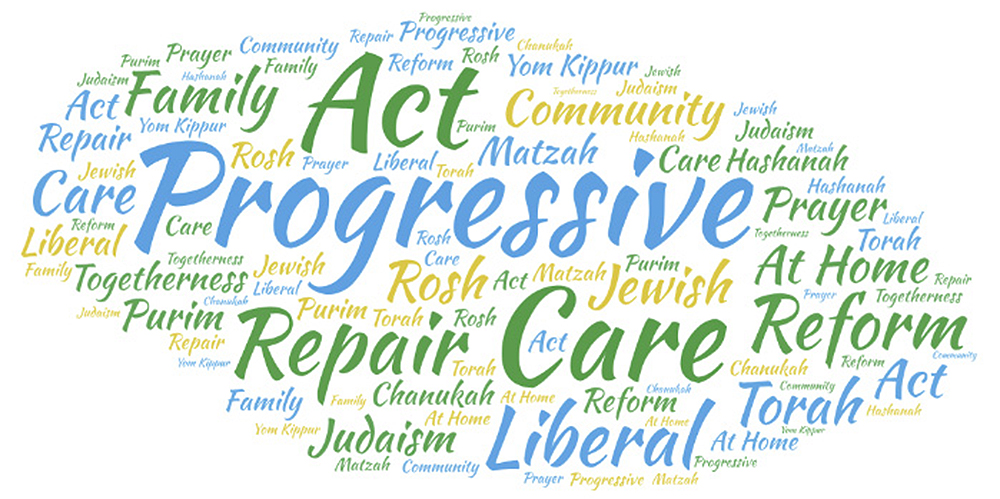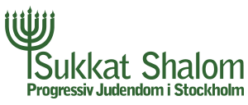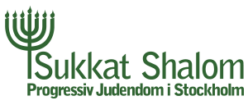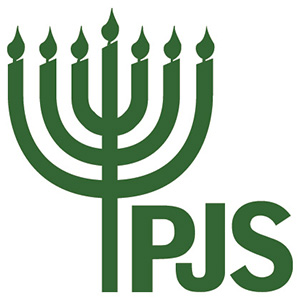 Progressive Judaism – what is it?
Progressive Judaism – what is it?
Progressive Judaism is an umbrella term used to describe a variety of Jewish movements and groups which, since the nineteenth century, have been seeking ways to unite Jewish tradition and customs with modern values. Throughout history and across the world, Judaism has evolved and adapted. What distinguishes progressive Judaism (in its various forms) is that, typically, these groups have instituted changes that are not necessarily rooted in halacha (Jewish law).
Progressive Jewish associations include, among others, Reform Judaism, Liberal Judaism, Reconstructionist Judaism, and Jewish Renewal. Taken together, they represent a wide-ranging spectrum of views with regard to customs, practice, and theology. In general, progressive Judaism expands the scope of religious observance by granting full equality to all Jews, irrespective of gender or sexual orientation. Patrilineal descent (having a Jewish father but a non-Jewish mother) is accepted by many progressive Jewish groups.
There is no single progressive type of religious service or siddur (prayer-book), but most of them include some liturgy in the vernacular language in addition to Hebrew, and some transliterate the Hebrew text so it is more accessible to those who can’t read the original.
The World Union for Progressive Judaism (https://wupj.org) established in London in 1926, is the international network of the Reform, Liberal, Progressive and Reconstructionist movements, serving an estimated 1.8 million members worldwide in more than 1,250 congregations in over 50 countries. Sukkat Shalom/Progressiv Judendom i Stockholm, is a member of the European branch of the World Union. (The European Union for Progressive Judaism https://eupj.org/)
For more information about progressive Judaism in general or our local activities in Stockholm, contact Rabbi Rebecca Lillian (rabbi.rebecca@sukkatshalom.se)


